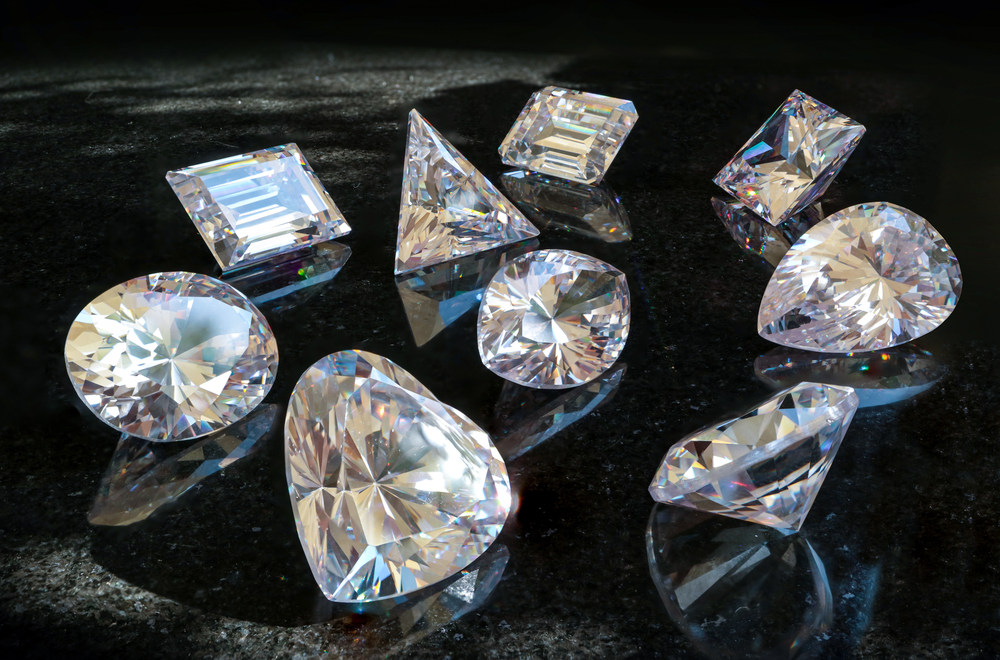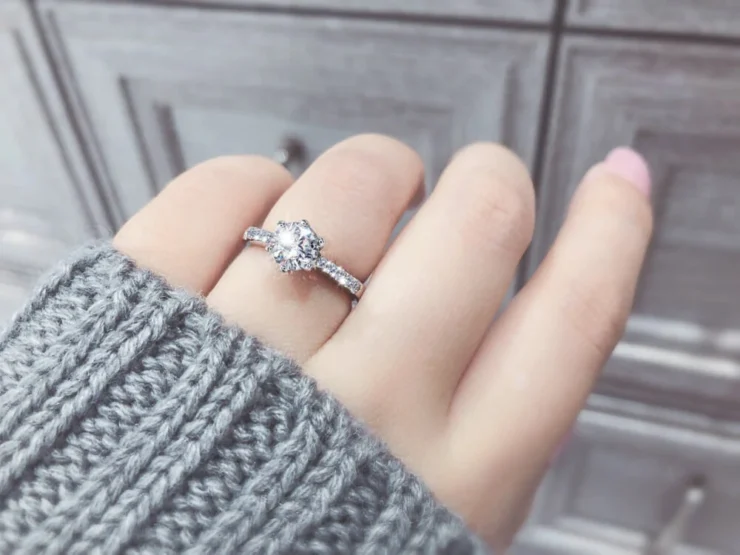Whilst the appearance of rosacea is particularly distinctive there is still a lack of understanding surrounding this common skin complaint. However, as a leading clinic specialising in rosacea in London, we’re here to bust the myths surrounding the long term condition, so you can gain an understanding and access the treatment you require.

What causes rosacea?
Whilst in many cases the direct cause of rosacea cannot be determined, there are a number of factors that people with rosacea are commonly exposed to. These triggers may not be direct causes but have been proven to make the appearance and symptoms of rosacea worse.
People with rosacea may experience worsening conditions if exposed to excessive sunlight, hot or cold weather, or certain food types (particularly spicy food and food or drinks containing caffeine). Strenuous exercise, excessive alcohol consumption and stress can also make the appearance and discomfort associated with rosacea more difficult to manage.
Do I have rosacea?
The appearance of rosacea is just one of the tell-tale signs that you have the condition. Affected areas will turn a flushed red colour, often for a short period, whilst experiencing uncomfortable feelings of intense heat. Whilst flushing only tends to last a few minutes, people with rosacea may have persistent facial redness.
Blood vessels may also become more visible if you have rosacea, despite the thickened nature of the skin, whilst bumps and swellings may also form.
Your treatment options
Whilst many people live with rosacea, it is important to understand that treatment to manage its symptoms is available. There is no cure for rosacea but medication, topical creams and oral antibiotics can be used to improve its appearance. IPL or laser treatment can also be used to even out the flushed tone and texture of the skin and up to four treatments may be all you need to see a result.
If you think you may have Rosacea then speak to your GP for more information
















